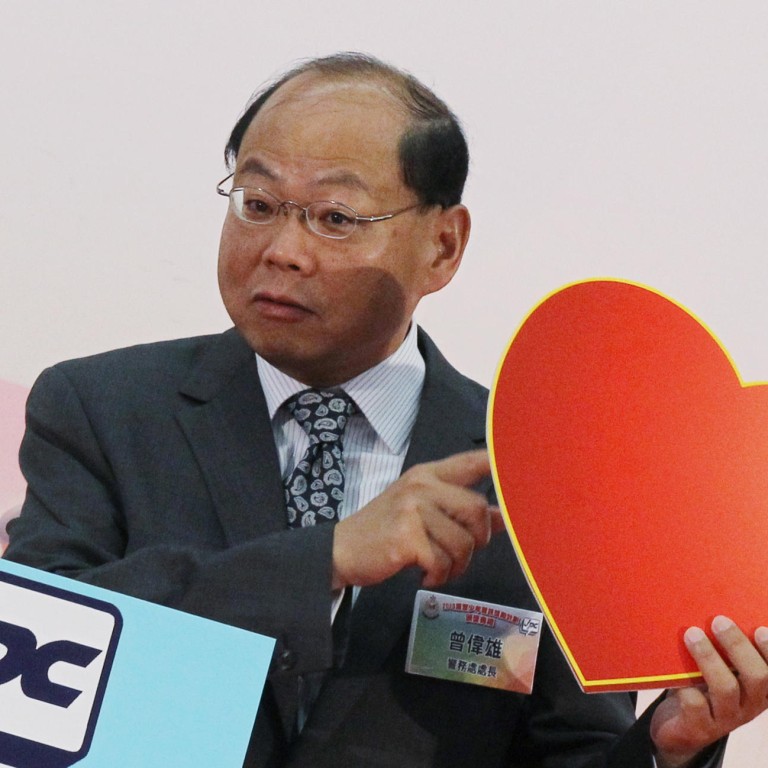
Police chief Andy Tsang denies political pressure over Occupy Central
Andy Tsang denies officers subject to political meddling and says C. Y. spoke 'simple truth' in saying force would not sanction blockade
The police chief has rejected claims of "political interference" over the force's attitude to Occupy Central's planned civil disobedience protest.
Chief Executive Leung Chun-ying said on Thursday that police would never issue a letter of no objection - a document protest organisers need for events to be legal - for Occupy's blockade of streets. Lawmakers accused him of acting prematurely as details of the planned protest, including its timing, had not been finalised.
Commissioner of Police Andy Tsang Wai-hung yesterday rejected the criticism, saying Leung had stated a "simple truth": that police would never approve a protest that by definition was intended to be illegal.
Leung was talking about an illegal act that would paralyse Central
Questioned as to whether Leung's comments meant Occupy's organisers would be turned down if they applied to stage any protest, Tsang said the force would follow its procedures to ensure that "legal and peaceful" protests could take place.
"The police have always done their job according to the law," Tsang said. "So it's not about what slogan you chant, it's about whether your activity is legal. If it is illegal, the answer is simple: the police wouldn't issue a letter of no objection."
Asked whether Leung's comments left him feeling pressured, Tsang said: "Leung was talking about an illegal act that would paralyse Central, [it] was a simple truth … and it was normal and logical. There won't be any pressure on us.
"The police's responsibility is to maintain law and order … therefore it is impossible for the police to approve an illegal act."
Occupy is preparing to rally 10,000 volunteers to take to the streets if the government fails to deliver a plan for the 2017 chief executive election that it deems meets international standards for democracy.
Organisers have consistently said they would not apply for police permission for the main protest. But Dr Chan Kin-man, one of the movement's leaders, said yesterday that there might be more, legal protests before the civil disobedience plan is enacted. He was not convinced by Tsang's comments. "As long as [my application] is reasonable and legal, the government should not deny it arbitrarily," he said.
Occupy's immediate focus is a "civil referendum" on reform next month, which will decide which of three plans for 2017 the movement will endorse.
Organisers are considering adding questions on general principles of electoral reform, amid concerns that the three options are too similar. Voters could be asked, for example, whether candidates critical of Beijing should be allowed to run. Anyone eligible to vote will be allowed to take part in the poll.
Moderate pan-democrats have criticised Occupy for only offering options under which the public will get to nominate candidates - which Beijing has ruled breaches the Basic Law.

